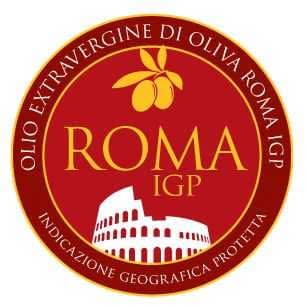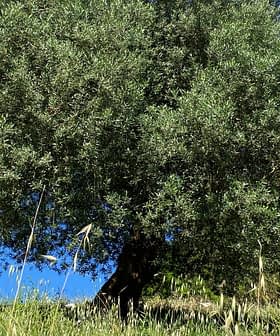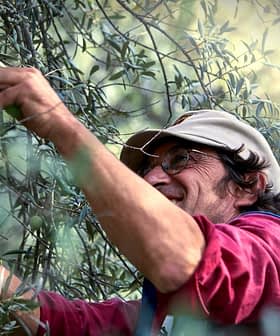The registration of the Olio di Roma Protected Geographical Indication (PGI) has been published in the Official Journal of the European Union, implying that the commission has given the green light to the producers of the central Italian region of Lazio to make use of the quality mark.
“This recognition allowed us to associate an evocative name such as that of Rome, which represents an authentic heritage in terms of notoriety, with a high-quality product that has all the credentials to become the ambassador of our territory in the world,” David Granieri, the national vice-president of Coldiretti and president of Coldiretti Lazio, told Olive Oil Times.
“All the territories of the region are now covered by a denomination of origin, as the PGI is inclusive of four pre-existing PDOs, and yet the reference to Rome, with its outstanding international reputation, will be a driving force in terms of opportunities and value on the foreign market,” he added.
See Also:Controversy in Italy Over New Olio di Roma PGIAccording to data from Coldiretti, the economic value of the Olio di Roma PGI amounts to about €52 million with an estimated production of 75,000 tons of olives and 10,550 tons of oil per year.
The production area of the PGI includes parts of all five provinces of Lazio, including 316 municipalities: 107 in the territory of the Metropolitan City of Rome Capital, 27 in the province of Latina, 35 in the province of Rieti, 60 in the province of Viterbo and 87 in the province of Frosinone.
Extra virgin olive oils certified with the PGI must contain 80 percent autochthonous Itrana, Carboncella, Moraiolo, Caninese, Salviana, Rosciola, Marina, Sirole, Maurino, Pendolino, Frantoio and Leccino, and a maximum of 20 percent of other varieties.
Olio di Roma is characterized by notes of tomato, artichoke, almond and grass, with bitterness and pungency of varying intensities.
A paragraph of the product specification is dedicated to the link with the geographical area, where the olive tree was used for food purposes since as early as the seventh century B.C.

“The Romans perfected the techniques used to produce and press the oil and spread their olive-growing expertise throughout the territories which they conquered,” the document said. “A visit to the Testaccio neighborhood should suffice to understand the importance of the oil trade in Rome.”
“Site of the ancient Emporium river port, the amphorae unloaded here were smashed and discarded in such quantities after emptying that they formed an artificial mound known as the Monte dei Cocci (mound of shards),” the document added.
The celebrated history of Rome is further evoked by the PGI logo, which depicts an olive branch set above the iconic Colosseum.









